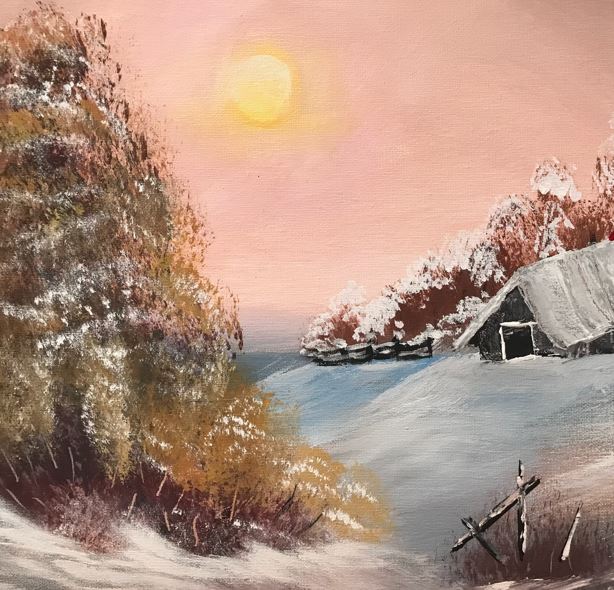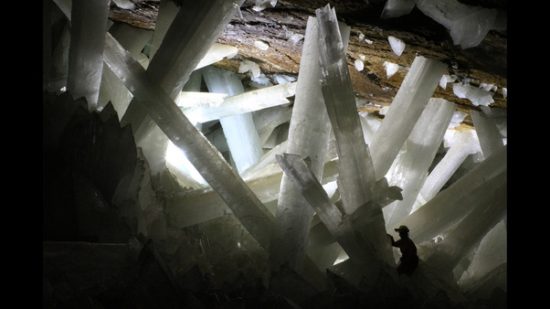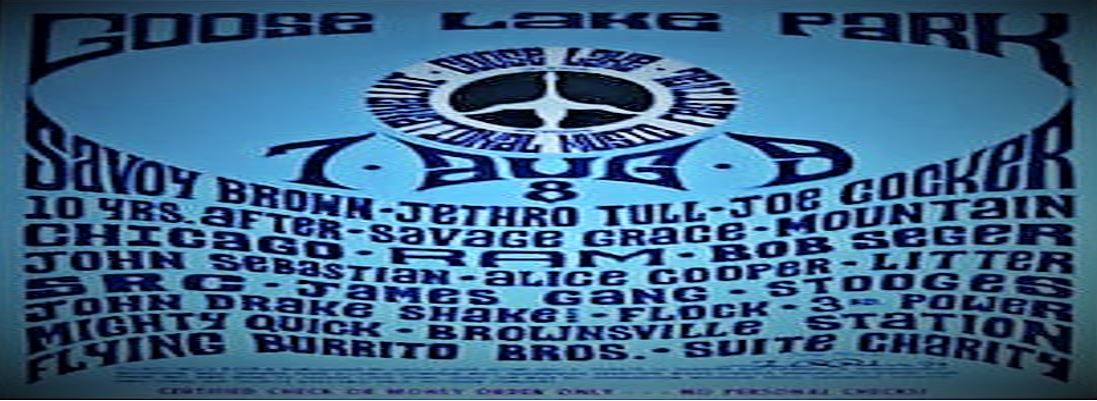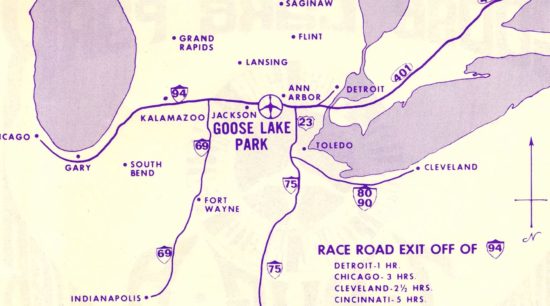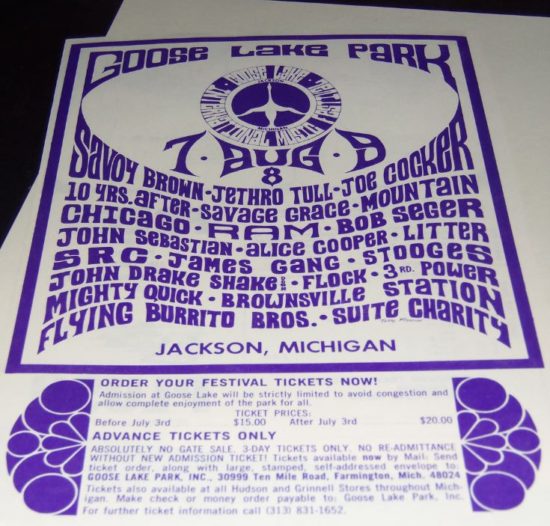Some find their voices late in life. I learned late that art plays best when authentic and fearless.
The problem for artists like me is humiliation. It sulks in corners—the nasty spirit-clown who plots to pounce whenever someone dares delirium-dance with luminant dervishes of light and truth.
Malevolent forces slash folks like us with scalpels. One person wrote to inform me I was a “moron.” A girl wrote, “You’re a Narcissist!” after other readers engaged with clever and affirming words. Her hiss rings in my ears where it’s echoed for days. It drives me mad. Who knows except her why words, my words, offend?
She won’t say. Towers of wonderful words written by lovers to lift us higher collapse to ruins. Adulation falls hard.
Bad words.
Moron.
Narcissist.
Zingers, that’s sure. Controversial persons speaking their minds are morons and narcissists, it seems.
The word that cut deepest during my most sensitive time was “Incompetent”. A teen, I cringed to hear the word or see it in print. Of course I knew in my heart it was true.
I couldn’t do anything right. Dad made plain I lacked common sense. He marveled aloud how an intelligent son could be so damned dumb about the simplest things.
I wasted years learning how automobiles and packaging machinery worked so that no fool would ever again accuse me of incompetence. I designed tooling to make run-flat wheels for military vehicles, developed the first tear-spout coffee lids, designed machines to scour the lumen areas of laparoscopic medical instruments, invented machinery to place seal-caps on orange-juice cartons to keep people safe from tampering lunatics….
None of it mattered. I fought to bring life to every idea I had. It seems now like millions (billions?) around the world have used derivatives of my designs. Is the world a better place?
The people I worked with never stopped calling me incompetent. Dull designers second-guessed the details of daring ideas. My strategy collapsed. Dad was right all along—no common sense.
I learned life-changing lessons from therapists. A woman named Jane taught me that humiliation destroys authenticity. It forces victims to submit to hostiles. It damages souls by changing the way life is experienced. Humiliation is cruelty cast by cretins to crush the craft of those they hate.
Artists who endure humiliation are ripped apart. The choice is to embrace the uniqueness humiliation imposes or be made miserable by it forever. It’s a bad choice but survivors must choose.
Fear of humiliation drives people to suppress self-discovery and throw away authenticity. To fight back degrades art. Resistance is futile, isn’t it? The damage is done, right? It’s better to rescue ruined souls by rendering art that crawls however wretchedly toward redemption as best it can.
According to Jane, fear of humiliation traps sensitive souls in bubble-prisons of fear where some choose to meet life’s challenges with magical thinking divorced from whatever resonates with who they really are.
Besides crippling humiliation, artists sometimes stumble because they are confused about the difference between who and what they are. Confusion leads some to critical crossroads where they choose the one path that leads to the unraveling of their art and the artistry of others.
It’s true.
What is Who?
Who is the soulful essence of anything that lives. It’s an emotional place where feelings run free. It circulates inside the stomach, the heart, and under the skin where no one can see.
The who-self, Jane explained, doesn’t change except slowly—pushed along and shape-shifted by experience and suffering (especially suffering), but also by peak experiences, which empower the happy memories humans hold for hope in hard times.
What is What?
What is a little word that stands for the big things others use to judge us, right?
What is your job? What do you do? What clothes do you wear? What cars do you drive? What people do you hang out with?
CEOs of corporations are defined by others according to their role; what they do; by their title. Any CEO who looks into a mirror and sees a CEO staring back is looking at their what-self, right?
Everyone kind of knows what they are and what they do. If not, others will tell them. It’s not hard.
Knowing what they are is not going to help artists who want to know who they are. It is difficult to know who one is. It requires self-knowledge to create art that is true to oneself. I don’t know how anyone accomplishes it without counselors to guide them.
Creating authentic art that flows from the hidden, inner places of the heart happens when people understand who they are and are able to love enough to embrace without shame the emotions they feel at their core about anything at all.
It’s amazing to discover how many artists are miserable because they tie themselves into knots to believe and behave and feel whatever is the way they think others will accept. Some fight for money and power to enhance what they are—perhaps to elevate their status relative to others.
Only slaves, cynics, the brainwashed, and politicians say and do every stupid thing pushed on them by churches, schools, governments, families, focus groups, and voters.
Art manufactured by business-people who don’t know who they are is a blight on culture, especially American culture. Music, movies, and books published in the USA are sometimes formula-pieces designed to comfort, not challenge, as many paying customers as possible. Art can be inauthentic and mind-blurring—created by cynics.
Art, much of it, is created for money and what it can buy. Whatever it is, commercial art seems to rob many Americans of their intelligence, their judgement, their history, culture, and soul. It plays the public for suckers. Fake art seems powerful enough to destroy, at least right now, people’s ability to understand and value life as it is lived, especially in the faraway places where strangers wander.
Has wicked art wrecked desire for something better? Does it gall good judgement? Extinguishing love and the sensuality of living diminishes creativity and the craving that pushes explorers forward into uncharted waters where floating terrors hide beneath the waves.
Commercial art separates some from God. It kills the thrill of running at the edge of what we know—away from safe places where boredom rots everyone from within. Sometimes it masquerades as avant-garde but delivers diversions from authenticity because no one who understands gives it birth.
What is my art?
Well, I think people know by now.
I’m a pontificator.
(The canvasses in this essay are paintings by Bevy Mae, my love, life; wife of 30 years who crafted them during classes by the late, great, gentle painter Bob Ross who died on 4 July 1995 at age 52—before he became famous—just so readers know.)
Billy Lee
For me, pontificating is an art form that frees me to say things, important things, that would otherwise go unsaid. I create compelling explanations for phenomena and subjects, which experts might say I know almost nothing about.
Credentialed people say I write about subjects I know nothing about.
My question to skeptics: What does anyone really know?
We hear experts implore the ignorant to follow the science.
It’s kind of self-serving, is it not?
Scientists are Guilds of Gods & Goddesses of the Universe. Atheism is the price of admission to an exclusive club—a cabal of proud, hard-driven, group-thinking science-idolaters, who risk Hell if mythologies of the ignorant turn true.
Science is populated by elites who speak the language of mathematics—an impossible way to reason for 95% of the 7.8 billion people alive today.
How will any disadvantaged person be heard? What chance is there that wisdom buried deep inside the mud-pile of humanity will catch the attention of anyone able to amplify it?
Who can express anything they know at their core if the price of being heard is a PhD in physics, mathematics, economics, history, or military science? —accolades beyond the reach of nearly every person alive no matter how intelligent.
What chance do the acolytes of Donald Trump have against the “Evil Empire,” which occupied for 20 years an Afghanistan some Americans assumed was forever lost inside a simulation of 9th century A.D.?
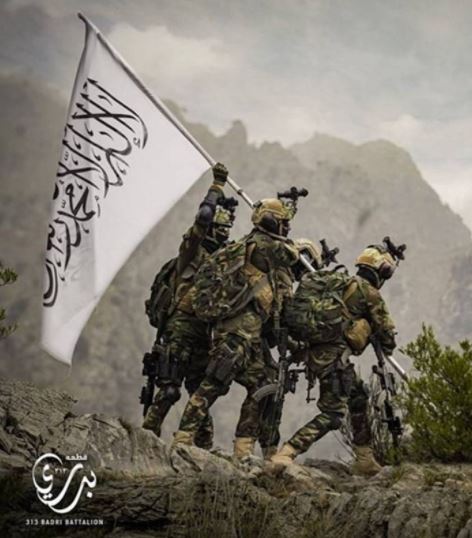
Everyone has heard of at least a few people in history who lived and spoke at the edges of their cultures—Galileo, Jesus, Spartacus, Geronimo, Che Guevara, et.al.— who endured torture and execution, right? Before arrest, legends from the ancient past were pursued, taunted, and slimed by close-minded, biased people who misunderstood most everything they stood for.
Some warriors, like Che Guevara, were themselves writers and poets. Even the Greek warrior Homer wrote epic poems like the Iliad and the Odyssey. It was 750 BC, nearly 3,000 years ago. People continue to read Homer to this day.
Who disagrees?
What is it like for social media writers when random persons confront them with insults, threats, and obscenities? What do unpaid writers and artists on social media go through to express their truth; their vision of right and wrong?
What does WRITING FREE feel like?
I can speak only for myself.
Although trained by the USA, I am not a warrior. I don’t believe in war. I hate everything about it except the thrill of the kill, which first experienced is not easily shaken and sometimes grows to become the living nightmare PTSD.
The video game industry thrives on role-playing kill games. Hunters keep their consciences clear by killing animals. They like it.
I shot a rabbit once. I was nine. Grandpa slipped a deer-slug into the chamber. When the rabbit ran I raised my rifle without thinking and blew the bunny in half, head to tail. Dad hung the remains from the branch of a tree. To this day I don’t know why they did it.
It makes me sick to think about. I haven’t hunted since and never will.
I’ve had the experience of watching people die. It’s a horror no person should experience but nearly everyone who has family is forced to live through at least once. Bevy Mae sopped with towels blood where her father dropped when his heart stopped. Why God put her through it is something I don’t yet understand.
Since my public profile has risen, some have made efforts to insult and intimidate me—presumably to shut me down by making me afraid to publish. I really don’t know why some do what they do.
The USA is a free country with protected speech. On Quora, the rule is BNBR (Be Nice Be Respectful). Many people are not able to restrain themselves to the confines of civility. I am always shocked to learn that some who are educated enough to put sentences together become ignorant, rude, and profane when responding to unfamiliar points of view. It’s a jolt I never get used to.
For me, working toward truth means drilling down into caverns of thought sometimes strange and unfamiliar.
Happily, Quora permits writers to block intimidators and stalkers—necessary sometimes to keep readers from being disturbed by profanities and lies.
I know that some who harass are professional provocateurs. But others might be lunatics with guns. It’s impossible to know for sure. It makes posting on controversial issues a little scary.
I’m timid but being harassed daily by bullies has strengthened me. I’m less afraid now than ever. Maybe it’s because I’m desensitized. I can no longer distinguish serious threats from crazy-talk.
Anyway, for the record, a few comments which disturbed me in the past follow this essay. People who don’t write on public forums like Quora might like to know what folks who do write endure daily.
I took the time to abbreviate obscenities to assuage sensitive eyes. Some comments are edited. The identities of commenters are vaporized to protect them from uninvited embarrassment.
Billy Lee
Note from the Editors: The edited comments listed below are examples of aggressive speech that our leader Billy Lee reads everyday and sometimes deletes to maintain normalcy beneath his Quora posts.
Happily, most people post positive comments.
As readers work their way through this sample of insanities, please keep in mind that nothing in them is true. Some commenters seem to misunderstand what they read in Billy Lee’s posts; others are unwilling or unable to write truthfully when they get worked up by ideas they dislike.
TheBillyLeePontificator Editorial Board
Here we go:
For guys with no parallels you sure use a lot of plurals. Maybe see a shrink and get back to us?
You are one dumb S. O. B. Wrong on all points except one. You sound like you like the Taliban and dislike Israel. Hiroshima is what turned the war for our benefit. To say Israel’s defense experts are no match to ours shows your stupidity. Especially those in charge under the Biden administration. You have no knowledge of history and perhaps should shut your pie-hole. Do you think Biden’s cut and run will be better than Obama’s?
What universe are you in? Have you ever been in any conflict? Not acknowledging a disaster tells everyone your bias.
Literally, Fox News is doing a segment on UAPs and how they violate the laws of physics. While you think you understand the real physics of this simulation. You don’t or you’d understand how the crafts do work.
You are incoherent. Coward.
You support Communism and radical Islamism? Why does socialist Cuba need the big Satan of Communism to thrive?
Afghanistan is similar to Benghazi. Biden ordered US flags at our embassy burned. Some think Biden was on vacation at Camp David. Poppy fields will end up in Chinese hands where it will be sent to America as illicit drugs. America’s days as a freedom loving nation are drawing to a close.
You’re celebrating slaughter and enslavement. Afghanistan is heading back to the 7th century. Al Qaeda will reestablish itself under the protection of Taliban fanatics.
Your answer is fairly ignorant. Afghanistan was taken over by the f***k**g Taliban. The Taliban are terrorists who tried to genocide all Christians and Jews from the middle east during Obama’s campaign.
Your post is about the worst rationalization for the greatest foreign policy debacle in 50 years. The blood of any Americans who fail to get out will hang solely on this administration.
Your response was ridiculous… you never answered the question but instead stated a bunch of crap nonsense that wouldn’t reach anyone. Go ahead and continue spreading crap ideas on here. You suck Billy… truely
People of all walks of life HAVE A RIGHT TO STAY AWAY FROM GROUPS THEY DO NOT WANT TO ASSOCIATE WITH. People with good wages should have gated communities. Your writing shows great naivety. PEOPLE DECIDE WHO THEY ASSOCIATE WITH. THANKFULLY ITS NOT YOU. ALL THIS TALK OF PEOPLE LIVING TOGETHER IN HARMONY THROWS PERSONAL RIGHTS OUT THE DOOR! LOOKS LIKE YOU SPEND A LOT OF TIME IN HAIGHT-ASHBURY. GET SOME SOPHISTICATION Your talk of everyone living together and loving each other SHOWS YOUR BIGOTRY!
The US biggest mistake was being too nice, AND of course electing Biden was a mistake. We should have wiped out the Taliban before we exited. The world is full of people if they went missing the world would be a better for everyone. The Taliban are like Covid.
How many groups are you going to spam today? I get that you’re lonely, but imaginary internet points are not the solution.
No one gives two sheets about Crapistan.
Give me a break! What an asinine answer. That’s the dimmest first line of an answer I’ve read in a while. Laughable really.
The problem are the Generals. They do not take responsibility. Fix the problem or resign.
Seriously, after reading your covid article — you are too far gone. you are not a deep thinker you are a programmed ideologue. You should not pretend to be something you are not.
You are a joke. Now you deflect to gun violence and mysogyny while 12 YEAR OLD GIRLS ARE BEING GANG RAPED. Seriously, what is wrong with you?
You are the typical America hating, big government will solve all your problems, irrational progressive. You have lost all perspective.
Bullshit. You use history to justify gang rapes of 12 year olds. Keep an open mind? Are you serious? We have girls being raped and you want to justify that? we are not going to get everyone out and our ill conceived withdrawal is going to result in the untold suffering of every woman in that country. You have lost all perspective due to political bias.
Are you even reading the links I sent you?
Under this administration America is no more. You should be mourning the country.
You should really rethink your position and delete that utterly ridiculous post.
You are being deliberately blind and obtuse. You are blinded by ideology with your head in the sand.
WTF? Seriously you are going to argue in nonsense hypotheticals? For someone who considers themselves a deep thinker this should be well beneath you.
We are seeing the killing of Christians for having Bible apps on their phones. Allies suffer fates worse than death.
Comon now Donny Downer…
I dare say a refresher in economics is in order. Bezos being rich doesn’t make others poor. If you understood money at all you’d know that.
Your whole screed is a vengeance fantasy. What you call for is a return to mass extreme poverty, just so “the rich” can be thrown in jail.
Constant churning out of spike protein in your organs. You will start to sicken and die and it will be blamed on non-jabbers or some other fairy tale crap by the psychopaths making $$$$. Nuremburg trials are coming to the monsters who have perpetuated this hoax. Congratulations, fearful chumps it has only ever been a Flu (a coronavirus).
Gods Book of Revelation describes how he will level out everything on this planet at the next Great World War.
barbaric? how about we stop cutting the ends of babies penis’s…
The person who wrote the above lines is a deluded paranoid. He/she states that this virus might even eradicate humanity, i.e. in his/her opinion this virus should be worse than both cholera and black plague, as they didn’t eradicate humanity. I could write much more to ridicule this feeble mind, but he/she isn’t worth my time.
Hysterical nonsense. We co-evolve with viruses. What will really happen is that parts of the viral genome will be incorporated into ours, we will develop mass (herd) immunity with and without vaccines, and life goes on.
How do I stop getting “Answers” from this guy?
So really, I don’t understand your point.
This is totally political, not only is it political, but it’s your opinion on politics, not historical in any way either, just your opinion.
I suggest reading our guidelines page before posting again, thanks.
It’s staggering that anyone could believe socialism is an effective system after the death and destruction that it’s caused.
It sounds like you need to learn more about it.
Nothing personal, and I agree with you in principle, but buddy, you are nuts.
New double-blind study from Israel. Ivermectin works. Why are they keeping an effective, cheap and SAFE drug from us? Oh yeah, Big Pharma needs to make billions while we’re dying. Got it.
Amazing but unsurprising that you managed to highlight the Trump administration as guilty of “warping democracies” as you related your idealistic Socialist, cultural-Marxist treatise. Trump was nominated for a Nobel Prize after proctoring multiple peace treaties. Your vision reads like a laundry list of 5th grade desires for equity vs. equality, the idealism tainted by equal doses Greta Thunberg angst and SJW woke preening.
Lord, mercy.
I think that me flapping my arms so fast that I fly is more likely than even half of what you described becoming reality.
Not as prescient as calling yourself a pontificator
I understand your point and can even relate with it.
I, too, have suffered greatly with this feeling of absolute terror, an irrational fear of anything that seems menacing, a paralyzing scare that impedes advancements in life.
Lucky for me, I overcame it when I was a child, about eight years old. Until then, I would spend days in bed, fearing death and even more horrifying destines than death.
May you overcome it soon!
All the best!
OK… I think readers get the idea. Thank you to everyone for reading and commenting.
Billy Lee

